How to Convert a Principal Residence into Rental Property?
A real estate situation that I hear about often are people considering keeping their first home as a rental while moving onto their second personal residence. The upside is obvious, if they do it right, they get to keep an appreciating property along with the potential extra cash flow that rent brings in.
The Basics
As real estate investing is attractive partly due to the tax benefits, there is a tax rule that some people miss when converting their existing property into a rental.
If we take a step back for moment, CRA rules state that if money is borrowed to generate income, then the interest is tax deductible. This applies to rental real estate as well. As the rental mortgage (investment loan) is used to generate rental income, all interest charged on the mortgage is tax deductible in addition to other rental property expenses such as property/water tax, insurance and utilities (if you pay for them).
The Problem
All is well a good, but the devil is in the details. For most people, they want to get some cash out of their existing properties to put towards the new place. So they want to refinance their existing homes (ie. HELOC), convert it to a rental, use the HELOC for the new residence down payment, then assume that the mortgage+HELOC is tax deductible because it’s now a rental.
However, the new mortgage isn’t entirely tax deductible. Why? Because an investment loan is tax deductible depending on what the money is used for. So if the new borrowed amount is used to pay for a portion of a new principal residence, then the HELOC is not tax deductible.
There are strategies floating around supposedly circumventing this rule by transferring assets to a spouse, then buying back the property. To me, these schemes just send a red flag to CRA and raises the potential for audit.
The Solutions
What’s the right way to do it? Here’s my opinion – If you plan from the beginning that the house is going to be a rental when you move in future, then I would personally pay as little as possible on the mortgage throughout the years of living there, and save the difference as cash. The accumulated cash will serve as a down payment on the future new residence, leaving the rental mortgage untouched and converted to a tax deductible mortgage.
Another tidbit of info on a question I get often on the same topic, how does capital gains tax fall into the mix. Capital gains tax is only applicable when there is a profit when you sell. How is the profit determined? On the day of closing, the house to be converted should have an appraised value (if not get one). When you sell the rental in the future, your profit will be calculated as (future value – current closing appraised value).
For those of you who own real estate, do you keep your properties after you move?
I've Completed My Million Dollar Journey. Let Me Guide You Through Yours!
Sign up below to get a copy of our free eBook: Can I Retire Yet?


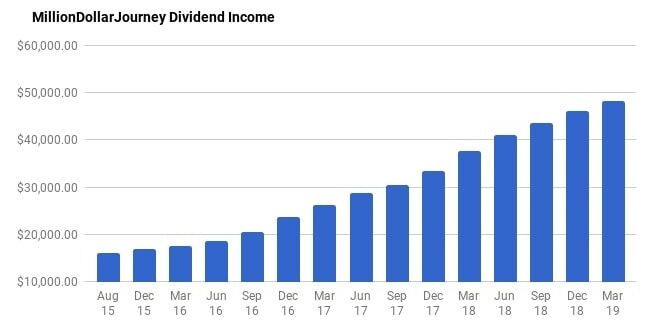
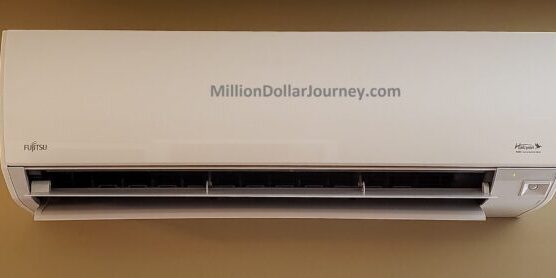
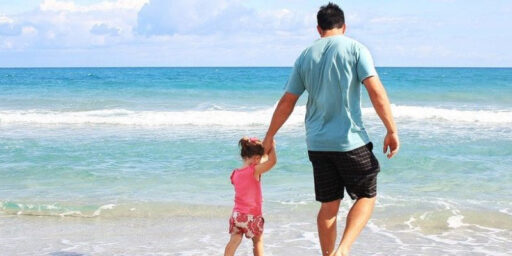
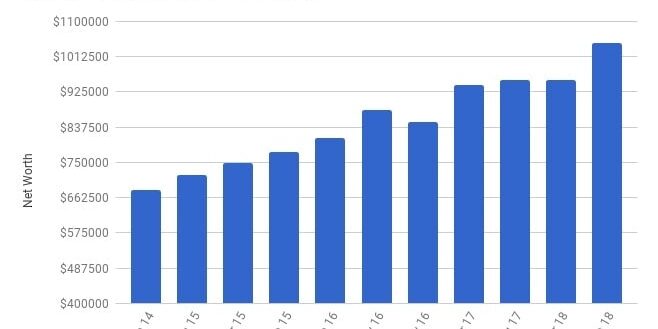
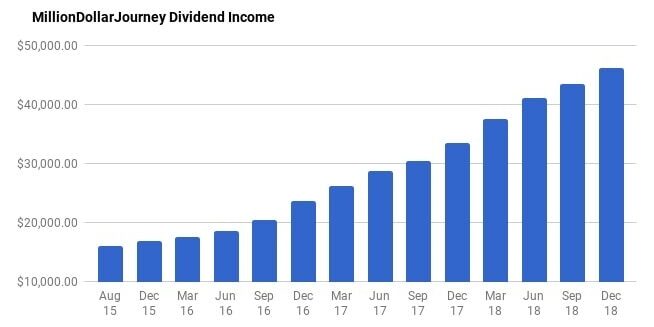
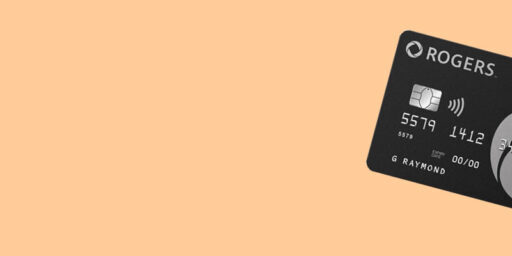
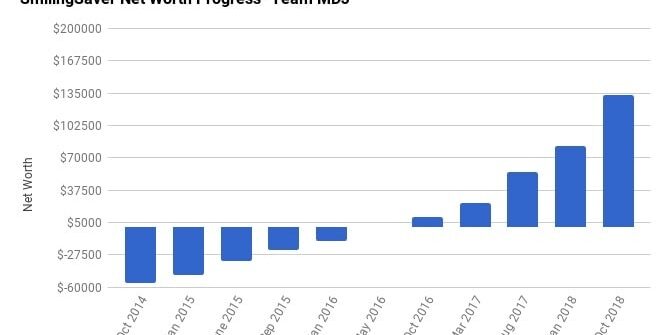

When I purchased a new house, I split my HELOC into two sub-accounts. The first account contained what was owing on the HELOC at the time of deemed disposition (conversion to rental property).
The second sub-account contained my down payment and all closing costs for the new house. I then paid interest only on the the rental property HELOC sub account, and claimed that as an expense. CRA is perfectly happy with this. CRA just want’s to make sure that no personal expenses creep into the rental property.
Lawrence, that’s actually a very clever idea. What bank did you go with for the HELOC? Was splitting the HELOC easy to accomplish?
Should you pay an appraiser when you change the first property to rental? Wish there was a step by step list of things to do when converting principal residence to rental income property
Question: I am thinking about buying a second property which would be my primary residence and would rent out my first property. I have a line of credit I can use for a down payment. However, when I approach a bank etc about qualifying for another mortgage, would be my second mortgage I would hold then, how does one qualify for this. Would my income need to support both mortgages or would the bank take into consideration that I would be generating income from my “rental” property in their calculations even if I had not yet secured tenants. Also, I imagine that house insurance would need to change on my first property to reflect the change to rental status. And if that is the case, would they notify the mortgage company of this change. Last question, is it wise to notify your mortgage company of the plans to change status to rental or are they just happy that payments are still being made.
@akatsiya I moved from a condo and rather than selling I converted it to a rental. At that point I called the lender. They said technically they could call the loan but didn’t care because I had a good credit history. From what they said their main concern is that no payments are missed and the conversion from principal residence to rental was noted but didn’t affect anything.
@Bluegirl I’m pretty sure you can borrow up to 80% (this may have changed recently). But assuming $190k value this means $152k can be borrowed so you’d be maxed out as is (unless value has gone up since 5 yrs ago)
@akatasiya
Hey you could speak to your mortgage broker or lawyer about it but what I have is two investment properties with 5% down, which technically I cannot use for investment purposes but I did mention to the lender that I intend to live in it, unless it comes to foreclosure it usually would not be an issue, but again get legal advice before doing anything.
Currently have a single family bungalow rental with half decent tenants. Mortgage coming up for renewal next month. Property was appraised prior to the current mortgage at 190,000, 5 yrs ago. Mortgage balance is $153000. Can I borrow the maximum on this property to go towards my principal residence or does anyone see a better way for free up some cash? Thanks in advance.
PS If I had to do it again, I wouldn’t. Added stress to life! It’s always something.
Smart people out there
would you please tell me when I convert my personal property into rental property should I notify bank about the change?
Can it affect the terms of the existing mortgage? Since money lent by bank was given towards personal, not rental property.
@cmjxj the portion related to when it was a rental property is the capital gain that is taxable. So if the property was worth $200k when it was converted from a principal residence to a rental and then sold for $260k, the gain is $60k of which half is taxable (net of fees of course)
when selling a rental property that was converted from a principle mnortgage is the cost to close the property (real estate fee, closing costs, lawyer, mortgage penalty (if any)) deducted from the selling price?
i.e. if original price or appraised value when converting the principle to rental = $200k, selling price = $260k, closing costs = $20k. Is the capital gains calculated on $240-$200 or $260-$200?
Hi Sher, your best bet would be to live in it for a short period then rent it out with the plan to sell it. If you sold it when you took possession you’d have to pay the max HST as you mentioned. But as a personal residence you get a credit back. If you rent it out for a year you’d still get the gain on the sale but your mortgage balance would be lower because the tenants would be paying your mortgage
The other option would be to live in it for a year and the gain would be tax sheltered but you’d have to pay out of pocket for that.
It depends on how big the gain is going to be – the bigger it is the more it makes sense for you to move in as principal residence because you’d want to shelter the gain. Hope that helps.